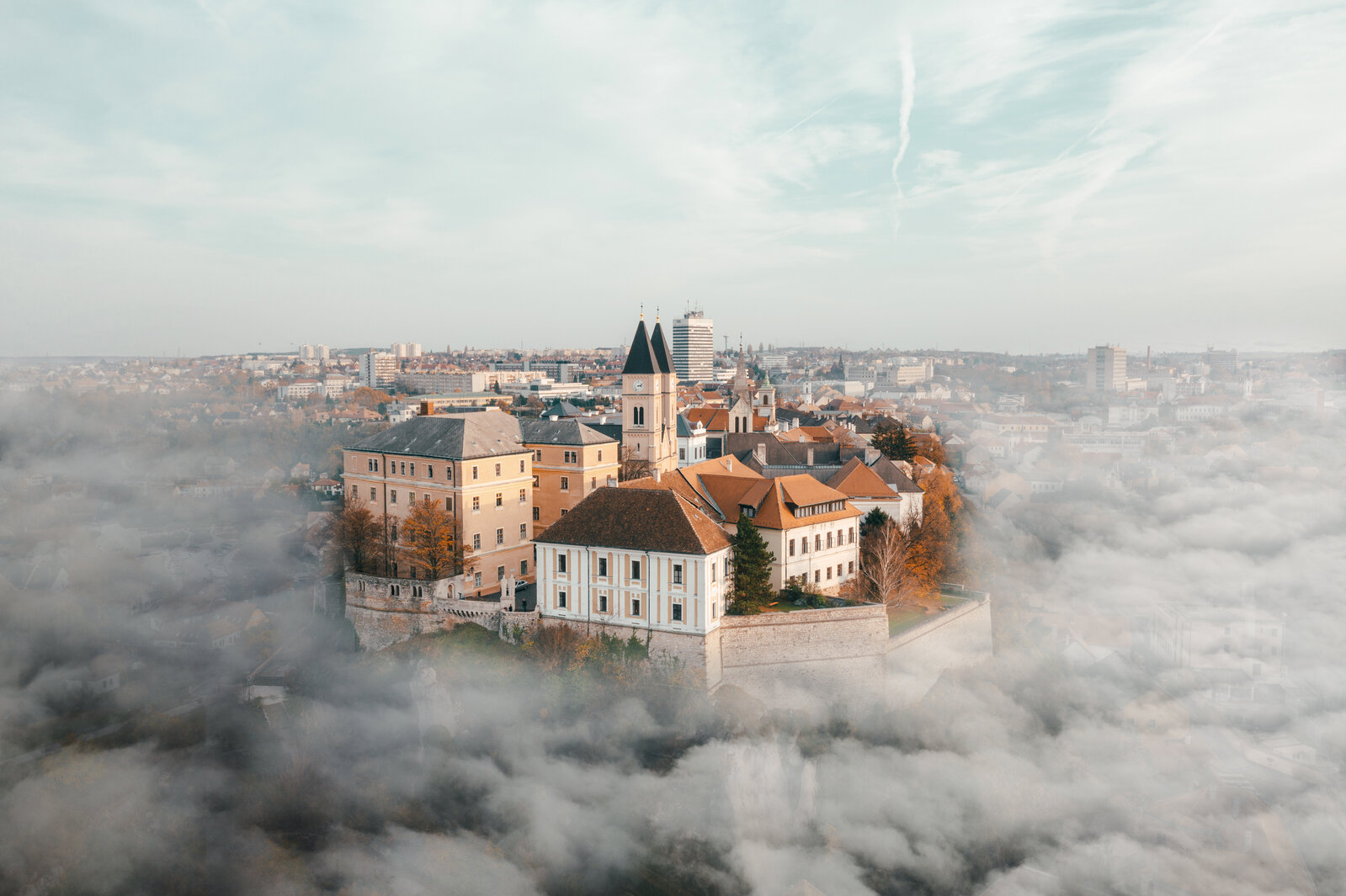About the Programme


About the European Capital of Culture programme
The title of European Capital of Culture was initiated more than 30 years ago by Melina Mercouri, a Greek-born actress and Minister of Culture, and has been one of the most important projects of the EU's cultural policy ever since.
The title is awarded by the EU's Directorate-General for Education, Youth, Sport and Culture, in order to highlight the cultural richness of its Member States, increase the sense of belonging to a common cultural area among European citizens and thus promote better mutual understanding.
The title of European Capital of Culture is to raise awareness that the common space of European culture is the result of the joint contribution of various countries and cities. As the voice of the arts, it conveys the message that European culture is common and it is always the result of cultural activity in a given region.
With their local cultural product, the city and region holding the title will become the focus of European attention, thus improving the image of the city, increasing the efficiency of the local creative industry and its touristic appeal.
Community building: contributes to the connection of fragmented and non-communicative social strata.
Volunteering: By involving the community it helps residents of the region to gain new experiences.
Tradition: it supports project development with the awareness of local values and plans to make improvements considering these.
Innovation: stimulates cultural and economic demand for the region by producing new market goods and intellectual products.
Sustainability: we implement developments that help modernise the region in ways that serve the long-term environmental and economic interests of the region.
The values of the ECOC programme globally
Openness: strengthens the cohesion among the population of the European Union. It creates a system modelled on European free trade that facilitates the movement of cultural creations instead of products, emphasizing its own diversity and fostering better mutual understanding.
Introduction: offers an opportunity to introduce lesser-known regions to other European states.
Involvement: generates interest among local people to participate in the development of the area, thus increasing the bond between the community and the municipality.
Model: the development of the winning cities can serve as a positive model for the development of the cultural industry in other regions.
The European Capital of Culture title has been won by the municipal city of Veszprém, with the involvement of the city’s and the region’s institutions, actors of their cultural scenes, and civil organisations. Regionality and joint coordination are warranted by Veszprém-Balaton Jsc. itself, as among the owners of the firm there are bigger regional as well as important micro-regional organisations along with the most significant local self-governments. Once the title was won, our JSc. became the planner, organiser and executor of project development, international relations, and cultural-artistic activities.
The JSc. as a project organisation will initiate at first Veszprém-based, then, in the course of 2020, respective regional agreements, and in turn will be integrated into existing national, self-governmental and civil spheres in order to fulfil its role as chief coordinator until 2023.
It is a widespread misconception regarding the European Capital of Culture programme that its development and realisation is financed by the EU. In reality, it is the title and bidding opportunities that are given by the EU to the winning city. Infrastructural investments and programme development are financed by national and self-governmental spheres. Veszprém-Balaton 2023 JSc. counts on revenues from tenders, sponsors, and out of our own sales.
An additional contribution by the European Commission, the Melina Mercouri prize in the amount of 1.5 Million Euros shall be paid by the end of March of the year of the title, provided that the designated city continues to honour the commitments it made at the application stage. (Article 14 of Decision 445/2014/EU)
Horizontal Programme Development
Sustainability is one of the core values of the Veszprém-Balaton 2023 European Capital of Culture programme to ensure that our events are environmentally sustainable. As the return journey is usually one of the most polluting activities of an event, it is important for us to encourage as many people as possible to choose less polluting means of transport during the programme year. To this end, passengers can buy a discounted ECoC ticket for a symbolic price of 2023 HUF for priority events throughout 2023. During the VEB2023 ECoC programme, we have considered it important to raise awareness of the importance of community transport, including the use of V-Bus and V-Bike in Veszprém. As an important horizontal principle, the visitor-friendly approach has led us to make efforts to provide barrier-free parking and access for people with reduced mobility at most of our events.


